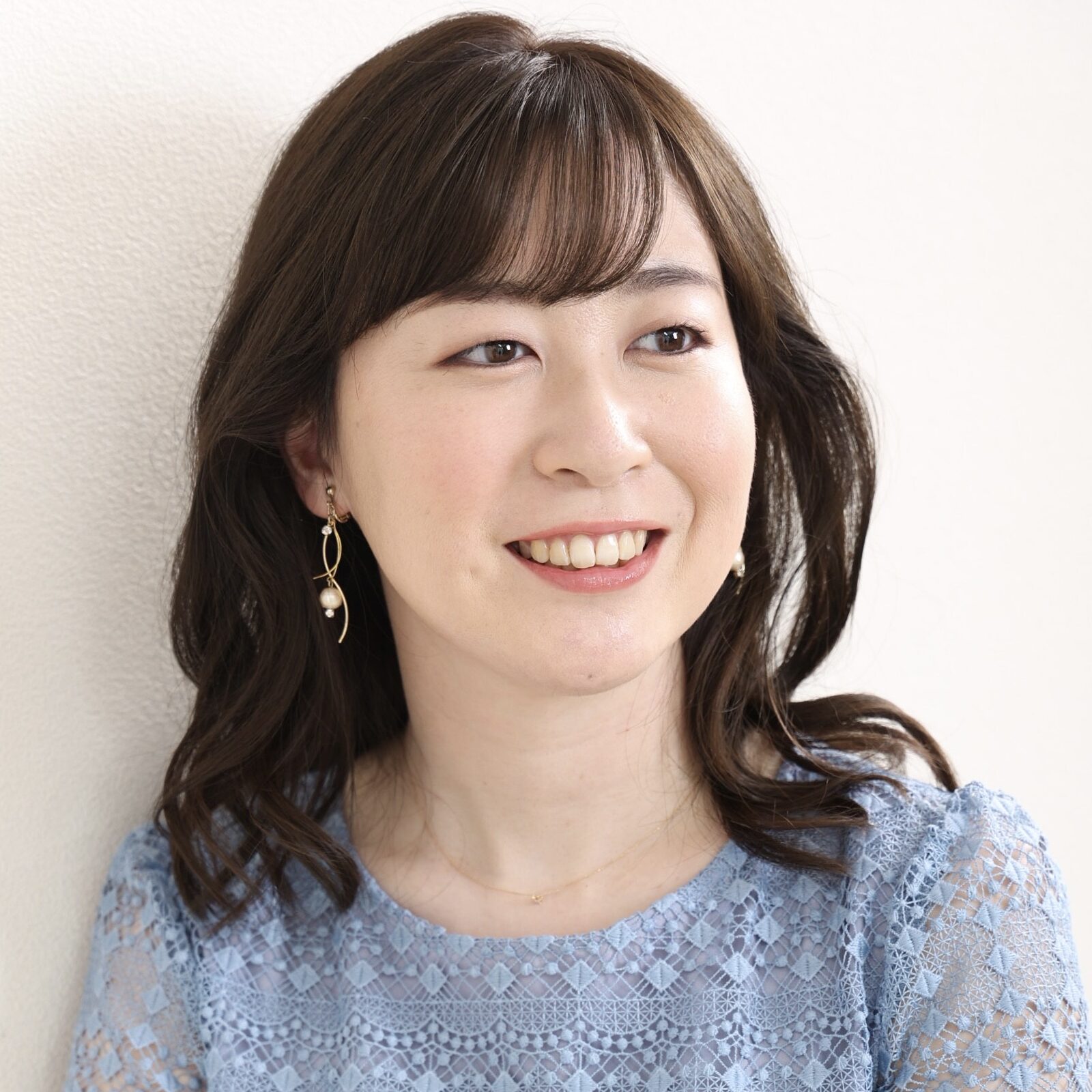Four Tanka by Shizuka Omori
translated by Yuki Tanaka
Shizuka Omori’s short poems, all written in the tanka form, embody the intimacy of lyric poetry. Originating in seventh-century Japan, tanka traditionally captures deeply personal emotions within its concise structure of 31 syllables, arranged in a 5-7-5-7-7 pattern. While Omori continues this tradition, her modern tanka are marked by a surreal, reflective style that avoids the autobiographical “I.” This restraint manifests in various ways—sometimes as tenderness toward others or non-human beings, sometimes as a form of self-erasure. In translating Omori, my goal has been to capture her rhythm—not the syllabic rhythm of the tanka, but the rhythm of her thoughts and feelings. In the original Japanese, as her speaker moves from one syllabic unit to the next, each turn introduces a surprise, creating a sense of drama despite the poem’s brevity. I have tried to replicate this in my translations by using a five-line structure with double spacing to suggest leaps between lines. I have also used line breaks, syntax, and subtle shifts in vowels and consonants to convey an undercurrent of emotion beneath the calm melodic surface of this ancient form.
-Yuki Tanaka
生前という涼しき時間の奥にいてあなたの髪を乾かすあそび
Deep in
a cooling time
called lifespan,
I play a game
of drying your hair.
.
喉の深さを冬のふかさと思いつつうがいして吐く水かがやけり
While thinking
the depth of a throat
is the depth of winter,
I gargle and spit
bright water.
.
これでいい 港に白い舟くずれ誰かがわたしになる秋の朝
This is fine—
one autumn morning
a white boat
crumbles in the harbor
and someone becomes me.
|
.
滝のような白髪をきみに見せぬためいつでも夜の真ん中にいる
So that you won’t see
my gray
waterfall hair,
I stay in the middle
of the night.
.
Published on October 3, 2024

